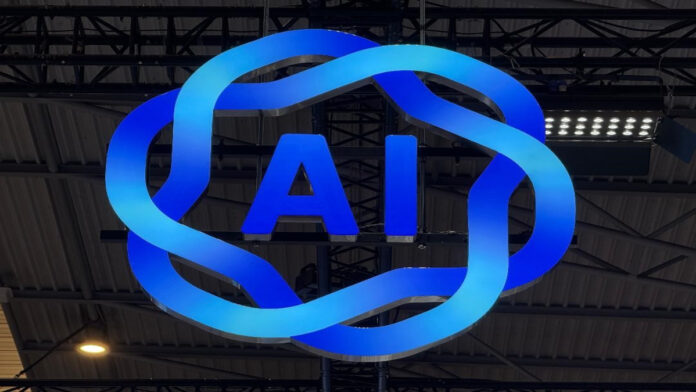The development of the new AI chip by Alibaba comes amid efforts by Chinese technology firms to reduce reliance on foreign AI chip suppliers
In sum – what to know:
Alibaba develops new AI chip – The processor is designed for a wider set of inference tasks and is currently being tested.
China pushes domestic supply – The chip is manufactured locally, signaling a shift away from reliance on Taiwan Semiconductor and aligning with Beijing’s push for self-sufficiency.
Nvidia restrictions drive demand – Export limits on advanced Nvidia processors, including the H20, are motivating Chinese firms to develop alternatives and reduce dependence on U.S. suppliers.
Chinese company Alibaba Group has developed a new artificial intelligence chip designed to handle a wider range of inference tasks, according to a Wall Street Journal report citing people familiar with the matter.
The chip, currently undergoing testing, is being manufactured in China, a shift from an earlier generation of Alibaba’s AI processors that were fabricated by Taiwan Semiconductor Manufacturing Company (TSMC), according to the report.
The development comes amid efforts by Chinese technology firms to reduce reliance on foreign AI chip suppliers.
Earlier this year, the U.S. Government blocked sales of Nvidia’s H20 chip, the most advanced processor available to Chinese customers, despite it being specifically designed to comply with export controls.
In August, the Trump administration struck a deal allowing Nvidia to sell H20s in China, provided that 15% of those revenues go to the U.S. government.
Recent reports stated that Nvidia was reportedly preparing a new AI chip for the Chinese market that will outperform its H20 model. Tentatively named B30A, the chip will feature a single-die design, meaning all major components will be integrated onto one piece of silicon. It is expected to provide about half the computing power of Nvidia’s dual-die Blackwell Ultra GPUs, according to previous reports.
Nvidia CEO Jensen Huang recently said there is a “real possibility” that the company’s advanced Blackwell processors could be sold in the Chinese market.
Speaking on Nvidia’s latest earnings call, Huang noted that China’s AI market could expand by 50% next year, estimating a $50 billion opportunity in 2025.
“The opportunity for us to bring Blackwell to the China market is a real possibility,” Huang said. “We just have to keep advocating the importance of American tech companies to be able to lead and win the AI race, and help make the American tech stack the global standard.”
Chinese authorities have discouraged domestic companies from deploying the H20 chip, particularly in government and security-related projects. Chinese authorities also reportedly instructed large firms such as Alibaba, ByteDance and Tencent to pause H20 purchases while a national security review is underway.
China is requiring its data centers to adopt more domestically produced chips, underscoring Beijing’s intention to reduce dependence on foreign semiconductors, according to a report by the South China Morning Post.
State-owned computing hubs in China have been instructed to ensure that over half of their chips come from domestic manufacturers.

